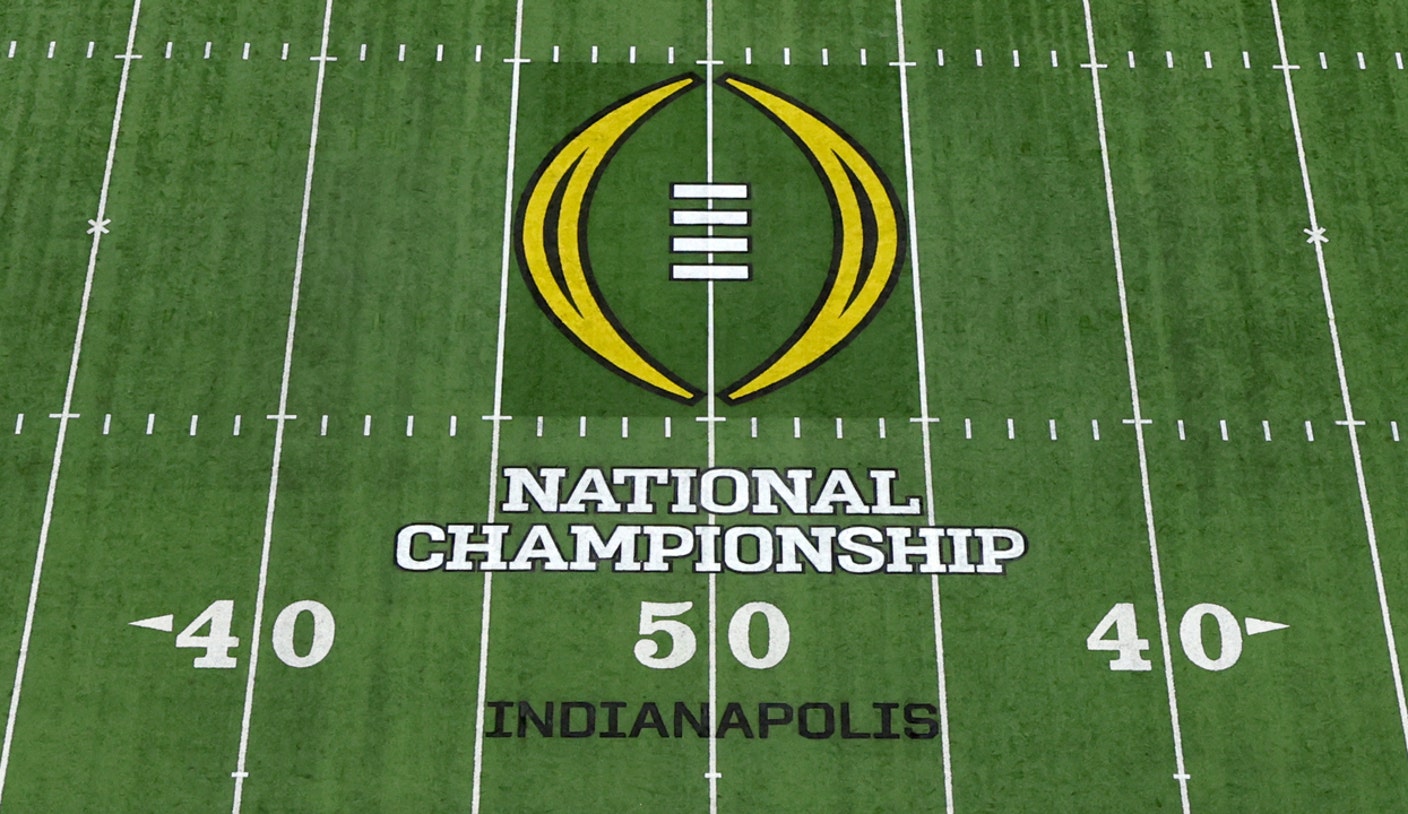 Listen To Article
Listen To Article
The data excluded National Lottery advertising, showing that 110 gambling commercials appeared during the group stages of the tournament.
That amounts to 34% less than the group stages of the 2018 World cup in Russia, where 167 were broadcast to audiences.
The fall is a result of the ‘whistle-to-whistle’ ban introduced by the Betting and Gaming Council in 2019, meaning that TV betting commercials cannot be shown from five minutes before a match kicks off until five minutes after it ends, before the 9pm watershed.
The ban is estimated to have led to a 97% reduction in the number of gambling ads being seen by children.
Michael Dugher, Chief Executive of the Betting and Gaming Council, said: “At the start of the World Cup, the usual suspects said we would see a “perfect storm” of problem gambling, sparked by waves of betting adverts. This data prove that these warnings were yet again wrong.
“The evidence shows that calls from prohibitionists to ban betting ads and sports sponsorship are not backed up by the evidence, with the Government themselves acknowledging independent research ‘did not establish a causal link between exposure to advertising and the development of problem gambling.’
“Nevertheless, the reduction in betting ads is further proof of the continued commitment by BGC members to raising standards – while also promoting safer gambling tools like setting deposit limits and time-outs, and signposting help to the those who need it.”



